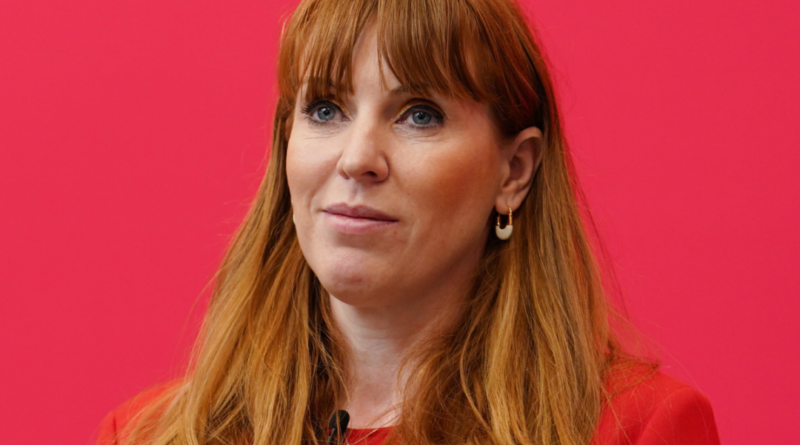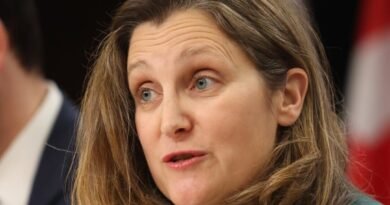Government Approves Tax Hikes, Leading to Higher Bills for Taxpayers in Six Councils
Bradford Council has been granted permission to increase council taxes by an additional 5 percent, resulting in a total increase of 9.99 percent for the year in the district.
In April, some taxpayers in England will experience higher council tax increases than anticipated after the government approved requests from six authorities to go beyond the 5 percent threshold.
Secretary of State for Housing, Communities, and Local Government Angela Rayner confirmed on Monday that Birmingham, Somerset, and Trafford councils can raise taxes by an additional 2.5 percent, while Windsor and Maidenhead Council and Newham Council can increase charges by 4 percent.
However, Bradford Council has been authorized to raise taxes by another 5 percent, resulting in a total increase of 9.99 percent for the year.
The Labour government intended to uphold the 5 percent cap on council tax increases for 2025/2026 but has made exceptions in response to council requests.
Rayner stated that this additional flexibility was necessary for local authorities that require financial support and view increases as crucial for their financial sustainability.
She emphasized the importance of balancing limited increases with taxpayers’ interests and the government’s responsibility.
Bradford Council acknowledged that it has been heavily impacted by years of austerity and struggles to recover due to its low council tax rates.
The Council mentioned that the proposed 9.99 percent increase would decrease borrowing by approximately £5.5 million annually and safeguard services.
Councillor Susan Hinchcliffe, the leader of the Labour-led Bradford Council, stated that the decision to request a one-time council tax increase beyond the usual 4.99 percent was made with careful consideration.
Hinchcliffe emphasized the council’s responsibility to ensure financial stability while acknowledging the burden on taxpayers facing rising bills.
Hinchcliffe assured that if the council approves the increase in March, measures would be implemented to support low-income households.
£69 Billion for Councils
The government also announced its final Local Government Finance Settlement, providing £69 billion for English council budgets, representing a 6.8 percent cash-terms increase.
Additionally, £3.7 billion has been allocated for social care, including an £880 million increase to the Social Care Grant.
A new £370 million Children’s Social Care Prevent Grant will support nationwide assistance for families.

Rows of houses in Hastings, England, on Aug. 5, 2020. Dan Kitwood/Getty Images
£60 million has been set aside for long-term improvements, such as facilitating the “devolution revolution” and enhancing local government audit processes facing significant backlogs.
The government has introduced a £600 million Recovery Grant to assist the most vulnerable areas.
To aid councils in managing the impact of higher National Insurance Contributions (NICs) for employers, £515 million has been allocated.
Challenging Financial Situation
Councils are under mounting financial strain, with membership organizations warning of potential risks to essential community services.
The Local Government Association (LGA), representing local authorities, stated that while the outlined financial aid will help cover some costs, it falls short of meeting all the requirements.
LGA Chairwoman Councillor Louise Gittins noted that this year continues to be extremely challenging for councils, possibly leading to further service cuts even after increasing council taxes.

A car passing potholes in a road near Peterborough in Cambridgeshire, England, on April 4, 2018. Joe Giddens/PA Wire
The County Councils Network (CCN), representing county and unitary authorities, stated that its members will receive only 3 percent of the Recovery Grant, disproportionately favoring urban councils.
CCN Finance Spokesperson Councillor Barry Lewis added that the increase in NICs will compound financial issues for members, with costs outweighing available funds.
Social Care Costs
Lewis emphasized that while deprivation contributes to higher costs for some councils, it is not the sole reason.
He referenced evidence indicating that demand and rising costs of adult and children’s social care and special education needs services are major challenges faced by councils nationwide.
In a report from October, the CCN warned that without additional funding or significant policy changes, local authorities face a £54 billion deficit over this Parliament.
The network highlighted the possibility of councils being forced to prioritize social care over other essential services without reforms.





